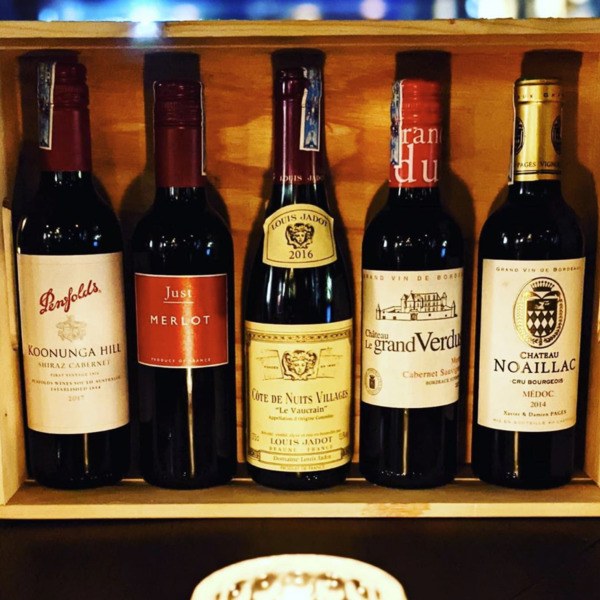September 9th, 2021
Interest in organic, biodynamic, and natural wines is at an all-time peak. But what do those terms really mean?
Organic vs. Biodynamic vs. Natural Wine—What's the Difference?
Interest in organic, biodynamic, and natural wines is at an all-time peak. But what do those terms really mean?
Organic
The term “organic” is tricky when it comes to wine. First, the U.S. and EU have different requirements for organic certification. Second, to acquire the USDA organic seal, wineries must forgo the use of sulfur dioxide in winemaking—a preservative that prevents oxidization and refermentation in the bottle and has been used since Roman times. What’s actually most crucial for anyone concerned with chemicals in their glass is that the vineyard is farmed using organic practices: no pesticides, no chemical fertilizers, and no herbicides.
Tannin Recommends:
Brochet Facile L’Essentiel – VND 900,000 Biodynamic The biodynamic approach to grape-growing, which derives from the writings of the spiritual philosopher Rudolf Steiner, sees the vineyard as an ecological whole: not just rows of grapevines, but the soil beneath them—an organism in its own right—and the other flora and fauna in the area, growing together interdependently. However, biodynamics differs from organic agriculture in its belief that farming can be attuned to the spiritual forces of the cosmos. For example the lunar and astrological cycles are often considered when making decisions about the health of the vineyard. But regardless of its more unusual aspects, the intense attention that biodynamics forces growers to pay in the vineyard can’t be anything but good.
Tannin Recommends:
Le Petit Merle aux Alouttes – VND 950,000 "Natural" & Low-Intervention Wines The hot-button wine term of the moment, “natural wine,” has no legal definition but broadly refers to wines made without adding or subtracting anything in the cellar—no additives, no chemicals, no sulfur, no oak character from barrels, no filtering, no cultured yeasts, you name it. (Low-intervention winemaking is another term that crops up in this context, though it’s functionally a bit less extreme.) In theory, natural wines are more alive, less manipulated; in practice, die-hard adherence to the philosophy sometimes wins out over actual appeal: Some natural wines are delicious, and some are just flat-out weird. But the passion behind the movement makes the natural wine world hard to ignore. At their best these wines can be thrilling. Just be ready for unpredictability.
Tannin Recommends:
La Violtte, Vioginer – VND 850,000
